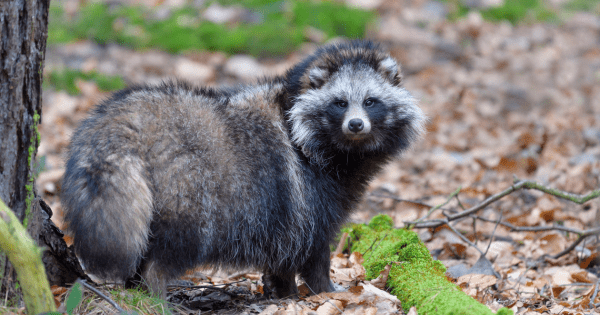Raccoon dogs, also known as tanukis, are small mammals native to East Asia. With their unique appearance and playful nature, many people are interested in keeping them as pets. However, owning a raccoon dog comes with both benefits and risks. In this article, we will explore the pros and cons of keeping raccoon dogs as pets and provide you with essential information that will help you make an informed decision.
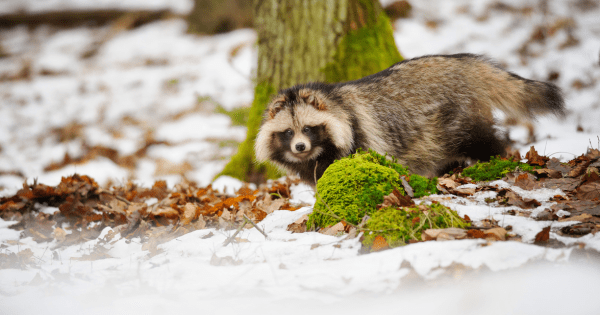
Benefits of Keeping Raccoon Dogs as Pets:
Unique and Fascinating Animals: Raccoon dogs have a distinctive appearance with their fluffy tails, pointed ears, and masked faces, which make them stand out from other pets.
Affectionate and Playful: Raccoon dogs are social animals and love to interact with their owners. They are playful and enjoy games such as fetch, chase, and hide-and-seek.
Intelligent and Trainable: Raccoon dogs are highly intelligent and can be trained to perform various tricks and tasks, such as using a litter box, walking on a leash, and responding to basic commands.
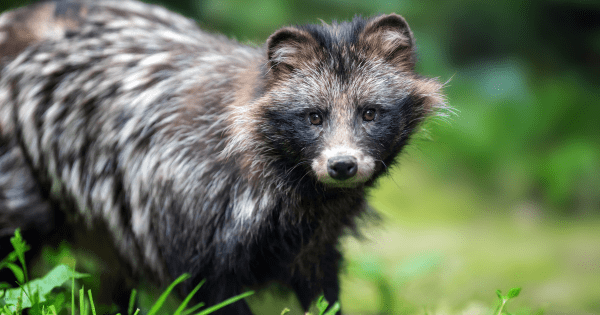
Low-Maintenance: Raccoon dogs require minimal grooming, and their diets consist mainly of vegetables, fruits, and insects, which are readily available in pet stores.
Risks of Keeping Raccoon Dogs as Pets:
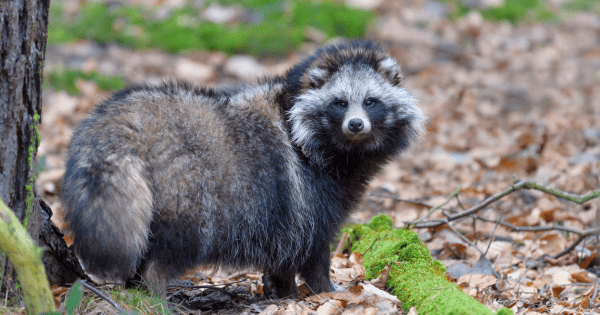
Legal Restrictions: In many states and countries, it is illegal to own a raccoon dog as a pet. Before considering getting one, make sure you check your local laws and regulations.
High Maintenance: Raccoon dogs are very active and require a lot of attention, playtime, and exercise. They can become bored and destructive if left alone for long periods.
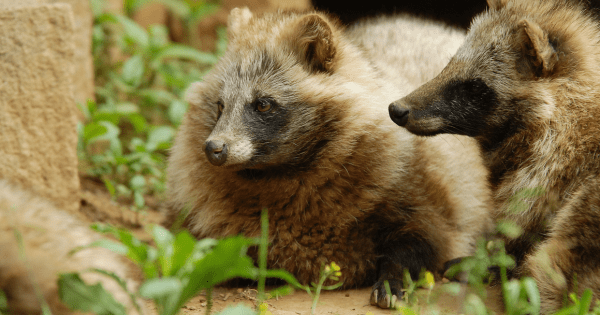
Health Risks: Raccoon dogs can carry diseases that can be transmitted to humans, such as rabies, leptospirosis, and salmonella. They may also be prone to certain health issues, such as dental problems and obesity.
Ethical Concerns: Raccoon dogs are wild animals and may not adapt well to life in captivity. They require a lot of space, enrichment, and stimulation to lead a happy and healthy life.
Tips for Keeping Raccoon Dogs as Pets:
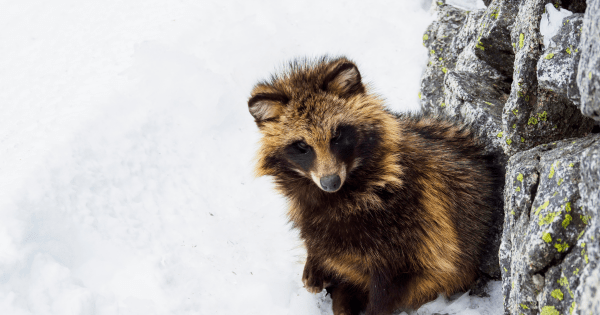
Do your research: Before getting a raccoon dog, make sure you do your research and understand the legal, social, and ethical implications of owning one.
Find a reputable breeder: If you decide to get a raccoon dog, make sure you buy from a reputable breeder who has experience and knowledge in caring for these animals.
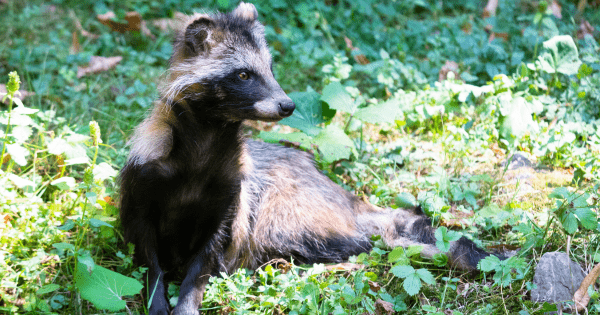
Provide adequate space and enrichment: Raccoon dogs require a large and secure enclosure that provides ample space for climbing, digging, and exploring. They also need toys, puzzles, and interactive games to keep them mentally stimulated.
Regular veterinary checkups: Raccoon dogs require regular veterinary checkups to ensure they are healthy and free of diseases.
In conclusion, owning a raccoon dog can be a unique and rewarding experience, but it comes with its own set of challenges and responsibilities. Before deciding to get one, it is important to weigh the benefits and risks carefully and ensure that you have the resources, knowledge, and commitment to provide your pet with a safe and happy life. Remember to always do your research, find a reputable breeder, provide adequate space and enrichment, and schedule regular veterinary checkups.
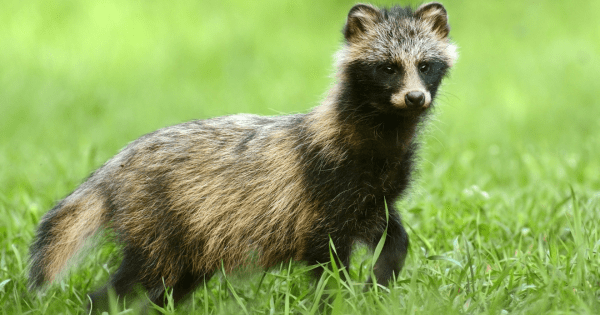
Additional Information on Raccoon Dogs:
Habitat and Diet: Raccoon dogs are native to East Asia and can be found in forests, grasslands, and wetlands. They are omnivorous and primarily feed on insects, small mammals, fruits, and vegetables.
Breeding and Reproduction: Raccoon dogs reach sexual maturity at the age of 1-2 years and can live up to 10 years in captivity. They mate in late winter and early spring, and females give birth to litters of 4-8 pups after a gestation period of 60-70 days.
Conservation Status: Raccoon dogs are listed as a species of “least concern” by the International Union for Conservation of Nature (IUCN). However, they are still hunted for their fur and meat in some parts of their range.
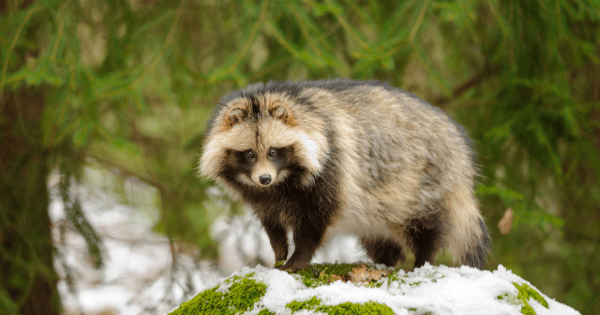
Mythology and Folklore: Raccoon dogs have played a significant role in Japanese folklore and mythology, where they are often portrayed as mischievous and magical creatures. In popular culture, raccoon dogs have also appeared in video games, anime, and cartoons.
Similar Species: Raccoon dogs are often confused with raccoons due to their similar appearance. However, they are not closely related and belong to different families. Raccoons are native to North America and are larger and more aggressive than raccoon dogs.
Raccoon dogs can be fascinating and unique pets, but they require a significant amount of time, effort, and resources to care for properly. Before getting a raccoon dog, make sure you understand the potential risks and challenges involved and are prepared to provide your pet with a suitable habitat, diet, and veterinary care. With proper care and attention, raccoon dogs can make loyal and affectionate companions.
SEE ALSO: Can Dogs Eat Ham? Understanding the Risks and Benefits
